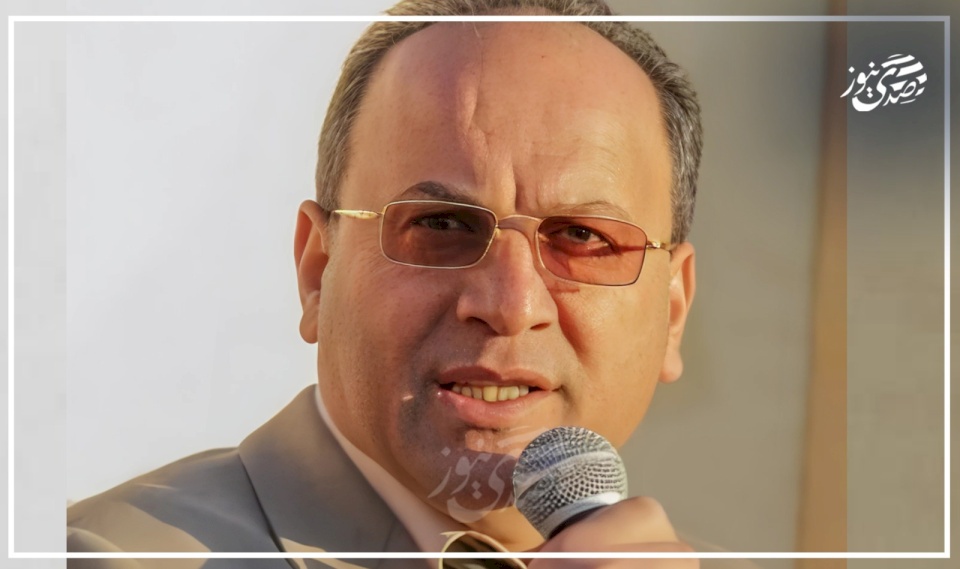
Tulkarm: A New Witness - Israel Criminalizes Palestinians Collectively and Recopies Apartheid and Nazism
Tulkarm was, just days ago, merely a new station in the series of collective punishment administered by the occupation. Following the operation that occurred there, the city transformed into an open prison: random arrests targeted passersby and traders without charges, road closures, the spread of checkpoints, and extensive raids that did not aim solely at the "wanted" individuals but at anyone encountered by soldiers in the street. The scene was clear: everyone is a suspect and everyone pays the price.
What happened in Tulkarm was not an isolated incident but a reflection of an Israeli policy that has been ongoing since the start of the occupation. The equation is fixed: if an individual undertakes a resistance act, then their family, neighborhood, and entire town bear the punishment; the home of the resistor is demolished, infrastructure is destroyed, the city is closed, and people are besieged.
Gaza is another, more brutal example of this policy. After October 7, it transformed, along with all its inhabitants, schools, and hospitals, into a legitimate target for bombing, as if its very existence were a crime. In the West Bank, from Tulkarm to Jenin and Nablus, the scene repeats: mass arrests, total closures, and suffocating restrictions on movement. The word "security" has become a loose pretext to punish an entire people.
These practices cannot be separated from the rhetoric of the Israeli leadership itself when Palestinians are described as "human animals," and when army leaders declare that a hospital or school is a legitimate target if a resistor seeks refuge there. We understand that the issue is not about "security" but rather an ideology aimed at demonizing Palestinians and stripping them of their humanity. Even journalists who lift cameras to witness what is happening have become targets for killing, as if exposing a crime were another crime.
Since the 1950s, demolishing the homes of resistors has been an established policy, and today it is compounded by the siege of Gaza and cutting off water and electricity to more than two million people in a blatant attempt to starve and subjugate them. These practices expose a brutally harsh logic: punishing the entire group to break the will of the individual.
However, the result always comes inversely. Collective punishment does not suppress resistance but deepens the sense of injustice and sows anger and despair, pushing people to cling even more to their right to freedom. The recent experience in Tulkarm is a vivid example: mass arrests, and before that, the demolition and expulsion from Tulkarm camp did not extinguish the spirit of the city but rather reinforced the conviction of its residents that they are all targeted simply for being Palestinians.
And despite the occupation's attempts to wrap these policies under the banner of "self-defense," the world has begun to see the picture clearly. The recent vote by the United Nations General Assembly in favor of Palestine by a massive majority was a signal that the "security" rhetoric is no longer convincing and that the occupation must end, and that the policy of collective punishment has become an ethical and political burden on Israel and its supporters.
These policies invoke comparisons with the most repressive regimes in modern history. The Nazis considered Jews a "cursed people" and targeted them merely for their identity. The scene is repeating itself today in Palestine: an entire people is treated as suspects, and national identity is turning into a crime.
As for the apartheid regime in South Africa, it relied on walls, racist laws, and spatial segregation to subjugate the black majority. The situation in Palestine today is strikingly similar: a wall of racial segregation, expanding settlements, discriminatory laws, and denying Palestinians even their most basic rights to movement and dignified living. It is no coincidence that international organizations like "Amnesty" and "Human Rights Watch" have described Israel as an apartheid state.
What happened in Tulkarm and what is happening in Gaza and the West Bank confirms that collective punishment is not a means to protect anyone's security but a tool to subjugate an entire people and a futile attempt to break their will. Yet, history tells another story: every house demolished, every city besieged, every voice silenced, yields only fiercer resistance and a greater insistence on freedom.
Collectively punished peoples are not defeated but united, and their suffering transforms into fuel for liberation. Tulkarm today stands as a new witness to this reality.

Huckabee's Statements Reveal the Falsehood of Trump's Peace and Reinforce Religious Confli...

Licensed Occupation by Law

Whoever Does Not Plant Hope, Plants Departure...

Between "Here is Jerusalem" and "Here is Gaza" ... The Voice of a Nation and the Steadfast...

While some count the boos, Palestinians count their martyrs.. Paradoxes of the internation...

When the Palestinian Issue is Reduced to Gaza Management

Legally Licensed Occupation

